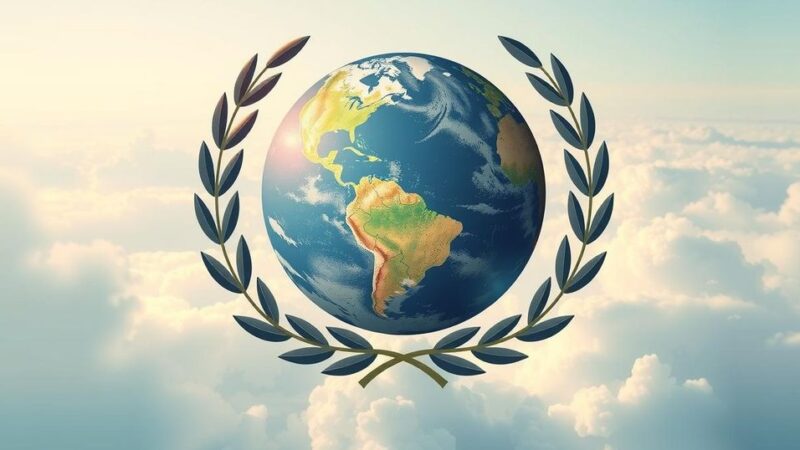At UNGA 79, Egypt’s Foreign Minister Badr Abdelatty emphasized the existential threat posed by Ethiopia’s Grand Ethiopian Renaissance Dam (GERD), asserting that Egypt will not tolerate actions that undermine its water security. He condemned Ethiopia’s unilateral actions in violation of international law while highlighting Egypt’s reliance on the Nile and the urgency for a binding agreement to safeguard water rights between the three countries.
At the recent high-level General Debate of the 79th session of the United Nations General Assembly (UNGA 79), held on September 28, 2024, Egypt’s Minister of Foreign Affairs Badr Abdelatty addressed the critical dispute surrounding the Grand Ethiopian Renaissance Dam (GERD). Mr. Abdelatty firmly stated that Egypt will not ignore the existential threat posed by the dam’s construction and operation, which he contended disregards the well-being of both Egyptian and Sudanese populations. He articulated that Egypt continues to monitor developments closely and intends to exercise its rights under international law to protect its interests. He condemned Ethiopia’s unilateral actions regarding the dam as violations of established agreements and international law, particularly referencing the 2015 Declaration of Principles and the 2021 Presidential Statement of the Security Council. Despite 13 years of negotiation efforts, Egypt has faced prolonged impasses due to Ethiopia’s obstinacy and lack of willingness to collaborate. Mr. Abdelatty highlighted the dire implications of the dam for Egypt’s water supply, citing that the country heavily relies on the Nile and has per capita water availability significantly below the threshold of global water scarcity. This concern has been echoed by President Abdel Fattah El-Sisi, who has marked Egypt’s water rights as a crucial and untouchable priority. Furthermore, Egypt has alleged that Ethiopia’s motivations for the dam extend beyond mere development and electrical generation, suggesting a quest for political dominance over the Nile. In response to Ethiopia’s actions, Egypt has formally communicated its concerns to the United Nations Security Council, advocating for cooperative measures in the region rather than continued provocations that threaten stability. In summary, Egypt’s position at UNGA 79 was clear; it will not tolerate actions that jeopardize its essential water resources, asserting steadfast commitment to addressing threats to its existence while seeking a binding agreement with Ethiopia regarding the GERD.
The Grand Ethiopian Renaissance Dam (GERD) has been a source of contention between Egypt, Ethiopia, and Sudan, with Egypt expressing concerns over its water security. This dispute pertains to the dam’s implications for the Nile River, critical to Egypt’s water supply. With international law and previous agreements being invoked, the situation remains tense as Ethiopia continues its unilateral operations. The historical context includes long-standing negotiations that have yielded no results, further complicating relationships in the region as water scarcity becomes a pressing issue for Egypt. President El-Sisi’s declarations reflect the seriousness with which Egypt views its water rights as both a national security and existential concern.
In conclusion, Egypt’s declarations at the UNGA 79 underscore the nation’s determination not to overlook threats to its water resources stemming from Ethiopian actions regarding the GERD. The call for a binding agreement emphasizes the necessity for cooperative regional relationships, particularly given the consequences of unilateral actions on the lives of millions in Egypt and Sudan. The discourse at UNGA highlights the complexities of international water law and the pressing need for diplomatic resolutions to ongoing disputes.
Original Source: www.egypttoday.com







